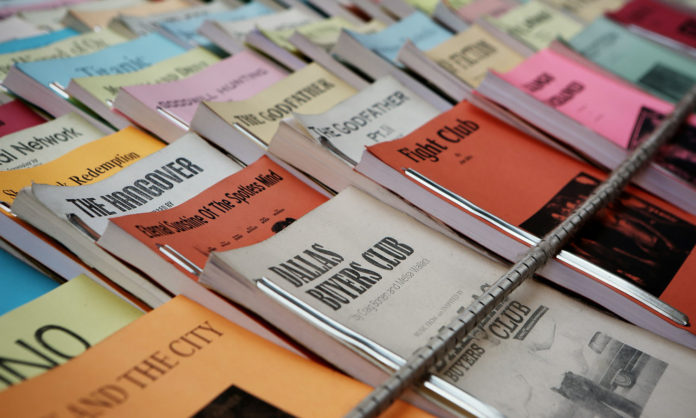
We’re big fans of diversity in reading, not only across genres but across forms. Prose fiction writers can learn a lot from non-fiction, poetry, song lyrics, and movie and play scripts.
In an essay for Lit Hub, Julia May Jones suggests reading plays can give you a how-to manual for novel writing. “I always thought if I wanted to write a novel—which I did—I had to push what I knew about playwriting away: that other than both being made up of words the two forms were at best distant, and at worst, incompatible,” Jones writes. However, she proved herself wrong when she began work on her novel Vladimir.
Here are three things Jones learned from writing plays that she later applied to her prose:
- The importance of change. “In playwriting you can’t include a scene in which nothing changes or shifts, as it would feel (to you and the audience) totally pointless,” Jones says. When writing her novel, Jones asked how each moment altered the story world.
- Tempo. “I’ve never read a strong play that doesn’t have a strong musical sense to the dialogue,” Jones notes. “An attention to tempo enlivens fiction as well.” Lighter scenes might benefit from shorter sentences and breezy dialogue, where awkward or important moments may need long paragraphs and monologues. Don’t be afraid to match your writing to the emotional impact you wish to make.
- Audience. “One essential factor in writing a theatrical monologue for a character is thinking about who exactly the character is talking to,” Jones says. “Is it a priest? Or a judge? Their best friend or their worst enemy? Their lover or their mother?” She brings this same question to her fiction. She imagined her novel as a very long monologue by the narrator to a close friend.











